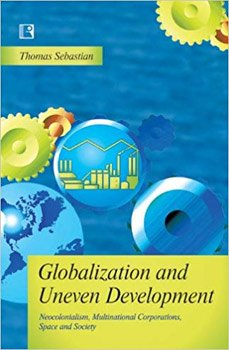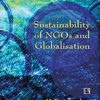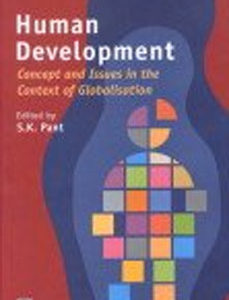GLOBALIZATION AND UNEVEN DEVELOPMENT: Neocolonialism, Multinational Corporations, Space and Society
₹1,495.00 Original price was: ₹1,495.00.₹1,196.00Current price is: ₹1,196.00.
25 in stock
Globalization is not a new phenomenon; from ancient times peoples of different cultures have entered into long distance trade. Likewise, the multinational corporations (MNCs), the main agents of globalization, are also not new and existed even during the mercantile period. They were like dinosaurs with a gigantic body and a small brain, while their modern version is like an octopus that has spread its tentacles all over the world through its numerous branches, subsidiaries, various kinds of collaborations and networking agreements with local firms to transmit values created in every nook and corner of the world to the centre. They locate the research and development (R&D) and other intellectually-oriented activities in the metropolitan centres in the developed countries while the manual-oriented activities are channelized in the underdeveloped world.
The modern nation-states were created to suit the need of capital to accumulate. As the needs of the capital changed, the imperialist forces created the colonial system of nation-states. The operations of MNCs have recreated the old colonial hierarchy of spaces in new forms with the former imperialist countries on the top and the neocolonies at the bottom. Thus, the advanced countries create and maintain the hierarchy of spaces while the less developed ones produce things in space.
The book examines the subtle mechanisms of globalization and its effects, namely, adding wealth and prosperity to few while misery and devastation to societies in Asian, Latin American and African countries and especially India. The book shows that globalization perpetuates and worsens the already existing uneven development in the world.
| Author's Name | |
|---|---|
| Binding | |
| Release Year | |
| Language | |
| Publisher |
Related products
Globalization & Development
Globalization & Development
Globalization & Development
Globalization & Development
Globalization & Development
HUMAN DEVELOPMENT: Concept and Issues in the Context of Globalisation
Globalization & Development
Globalization & Development
Funding for Defence and Development Before and After Kargil War
Globalization & Development
THE DILEMMAS OF DEVELOPMENT WORK: Ethical Challenges in Regeneration











